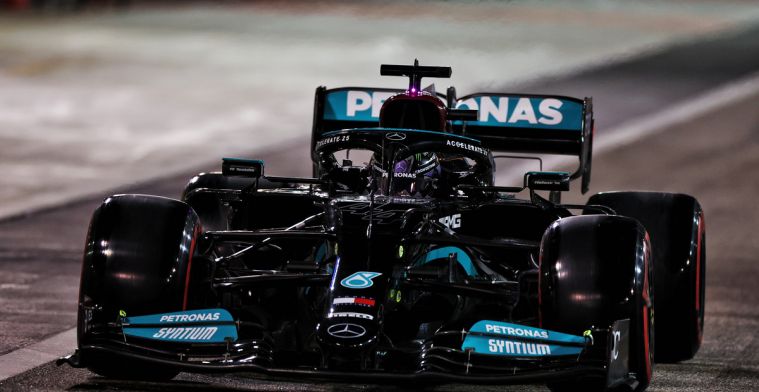F1 News

Mercedes: 'People are both the problem and the solution in our team'
In recent years Mercedes have dominated the sport. The team have not only dominated in terms of speed, but also reliability. But how has the team managed to achieve that level of consistency?
Seventeen races were held in 2020, with 34 starts for a Mercedes car, but only once did a car have to return to the garage early. At the Nürburgring, Valtteri Bottas suffered a technical problem, causing him to retire.
It's just that the Silver Arrows certainly haven't always been this reliable. Indeed, before the hybrid era, the team had to deal with a lot of retirements. "We didn't finish 30 percent of the races back then. We regularly had to shorten our lap times to make sure we finished. A small team would be forgiven for that, but as a Mercedes, it was unacceptable," chief engineer Russell Cooley told Auto, Motor und Sport.
Cultural challenge for Mercedes
So something had to be changed at Mercedes, but the team soon discovered that it wasn't the quality control, nor the tools. The problem lay with the people on the team, many small mistakes that ultimately lead to failure. "So it was more of a cultural challenge than a technical one."
A new motto was adopted at Mercedes from then on: 'first time right'.
"We built a work culture in which it was forbidden to ignore correct procedures. It became unacceptable for anyone to deviate from them. We no longer allowed ourselves to sacrifice lap times for reliability or vice versa," explained Cooley. Even if there was a lot of time pressure, there could be no deviation from the system.
Improvisation in Austria
However, mistakes can still happen, such as a serious problem at the 2020 Austrian Grand Prix. A problem in the distribution box almost paralysed the entire transmission control system.
"The problem already hinted a bit during the winter test, but it only became very serious when the drivers went to the limit. Emergency systems saved us then, but we certainly couldn't have run a second race with those two cars."
The next race was only a week later, so Mercedes had to deviate from the system and improvise.
"We designed a new distribution box as a provisional solution. The final solution to the problem was ready four races later." So even at Mercedes, certainly not everything is always perfect, but according to Cooley, there is always an answer ready.
"The mistake is made by people. But with our approach, people are not only the problem, but also the solution."



















































